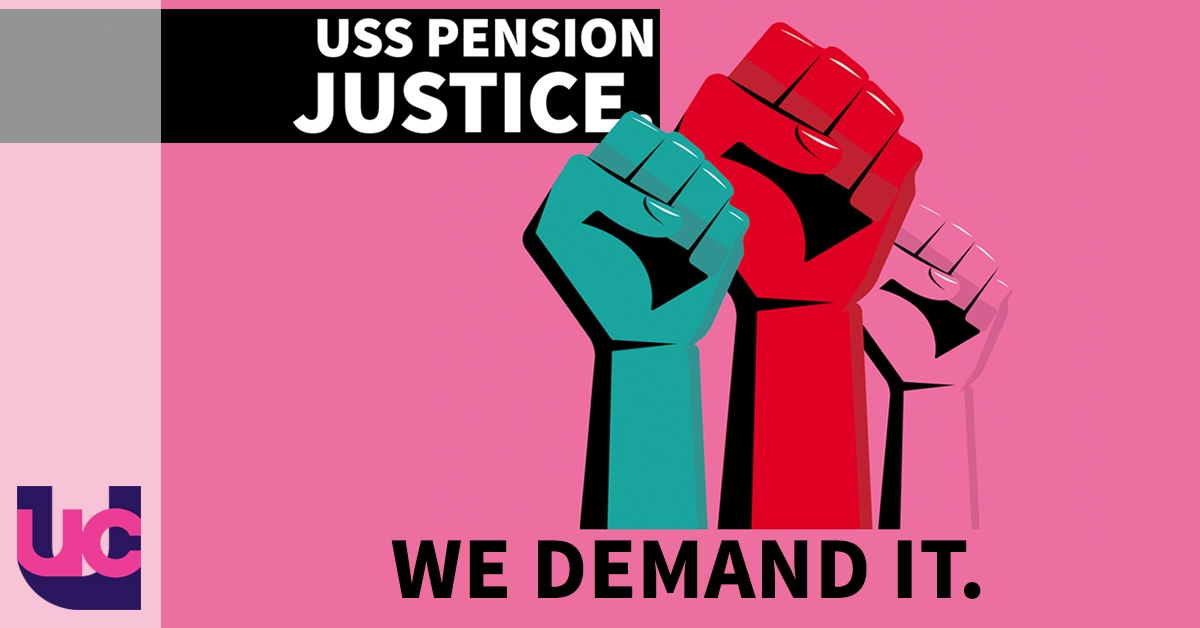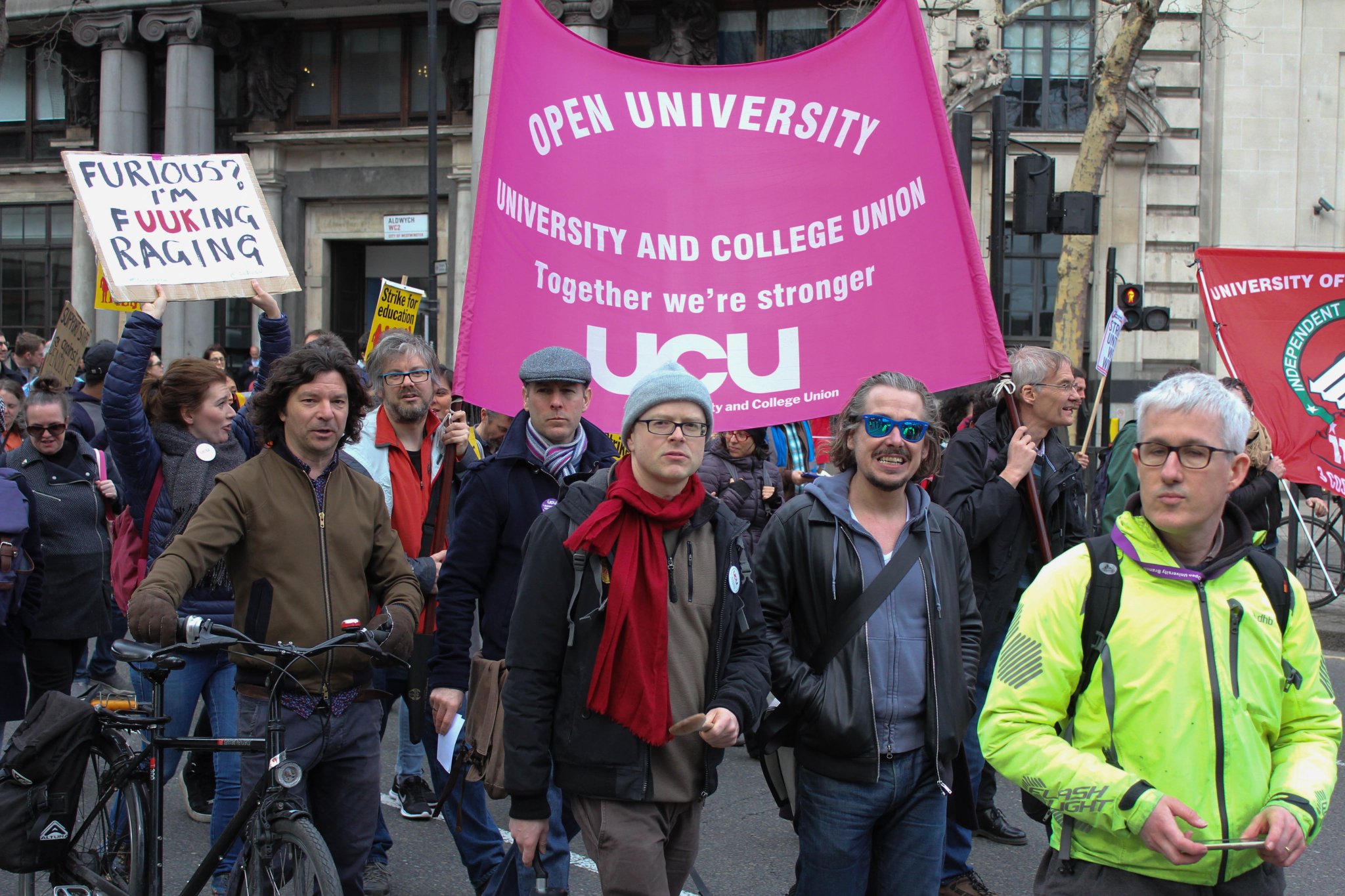 Today is my first day back at work following 14 days of strike action called by the Universities &
Today is my first day back at work following 14 days of strike action called by the Universities & College Union in support of our pensions (held at the Universities Superannuation Scheme, USS). Very much can be found online about the rationale for the strike and I won't repeat it here.
I've been a member of the union, and its predecessor, for most of my academic career. I've not always taken strike action when called, and had reservations whether to do so this time (because 14 days striking is a big loss of pay), but I'm glad I did. Partly this is because I think the strike matters, but also because it's had a positive impact on me.
I commented to a few people before the start of the strike that it seemed appropriate that it was taking place during Lent. I mostly thought of this in terms of sacrifice - of giving up 14 days of salary, and indeed the community of colleagues.
Although the sacrifice element was true, it also reflected for me the frequent experience that Lenten 'sacrifice' can lead to a greater realisation of the things that matter. In the event I found it to be a positive experience.
First was the sense of stripping away, and a realisation of how much of my work time is taken up with ephemera:
- I looked at no work email on strike days, and so my time was not absorbed in the constant streams of reading others' thoughts. Sometimes these are helpful, sometimes not, but they are often disruptive to deeper work.
- I played no part in university administration during these days. As a member of Senate and a role-holder within my department, I spend quite a bit of my time worrying about how the university is run. Some of this matters, but huge amounts of the work is reactive.
- I attended no meetings on these days. I like meetings in theory, but too many university meetings are over-long, badly-managed and without participation. It used to be the exception that people would sit in meetings with a laptop and do other things; now it's the rule.
In addition, I set aside my more fundamental work, of teaching and research, but I knew this would mostly be safely left for a little while so I could gently put it to one side.
Now I understand that this is hardly an original list - all academics, and knowledge workers in many bureaucratised fields, would give a similar list of ephemera, of the things that get in the way of doing their job. But there was real power in stripping them away. In the process I came to realise that the important things in my work are not associated with much of what absorbs my time day-to-day.
 That doesn't stop the way that the university is run from mattering to me. We were, after all, on strike because of the way the sector as a whole is run (and underlying the pensions dispute is a wider question that relates to it, about university governance and its economic basis). And at various times I was able to discuss with various colleagues about better ways to organise the university. I didn't stand on any picket lines, which I gather was a source of such discussions. But I did take part in a march and rally in London, and I gave a talk as part of the Alternative University of the Air, our OU teach-out on Facebook Live.
That doesn't stop the way that the university is run from mattering to me. We were, after all, on strike because of the way the sector as a whole is run (and underlying the pensions dispute is a wider question that relates to it, about university governance and its economic basis). And at various times I was able to discuss with various colleagues about better ways to organise the university. I didn't stand on any picket lines, which I gather was a source of such discussions. But I did take part in a march and rally in London, and I gave a talk as part of the Alternative University of the Air, our OU teach-out on Facebook Live.
And I'm left after returning to work with a residual sense of anger against the collective senior management of the HE sector and their distance from the real work and real conditions of their staff; a determination to help it to be better in the difficult times ahead at the OU; but a realisation that the things that matter in academia ultimately are not these, but are our students, our ideas, our research, and the change we make in the world. Not a bad realisation for Lent.



No comments:
Post a Comment